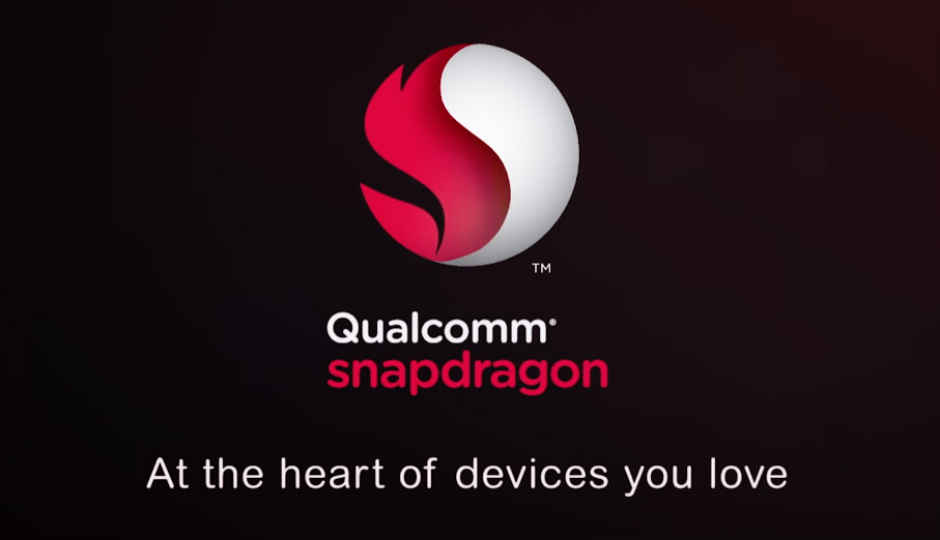 With Samsung now out with the Exynos 9820 that will be powering the Samsung Galaxy S10 in the Indian market, Qualcomm is the only one left to reveal its plans for 2019. Huawei’s 7nm Kirin 980 is already out powering the Mate 20 series while Apple’s A12 Bionic is present in the new iPhone XS, iPhone XS Max and the iPhone XR. Now all eyes will be on the successor to the Snapdragon 845. Qualcomm’s event is slated to take place in Hawaii on December 4 and based on past records, the chipset is expected to debut first on the Samsung Galaxy S10 in the United States along with other Android flagship and high-end phones in the first half of 2019. A lot of details about the upcoming chipset have leaked. Benchmark reports from Geekbench and AnTuTu have revealed a significant jump in performance over the Snapdragon 845, while an AI benchmark pegged the upcoming Snapdragon SoC as the best among chipsets that power Android phones. The chipset is also expected to sport a tri-cluster CPU architecture with new Kryo cores that could go all the way up to 2.8GHz. However, what’s really uncertain as of now is what the chipset will be called. The name Snapdragon 8150 has been doing the rounds for long, but it seems to be nothing but an internal codename for the SoC. According to PCMag’s sources, the chipset could be named Snapdragon 855 after all, keeping things simpler and less-confusing. While a jump in the naming could be expected, like how the company made a jump from the Snapdragon X24 modem to X50, the report states that no chipset by the name of Snapdragon 8150 will be launched on December 4. The claim is corroborated by noted Twitter leakster Roland Quandt who clarified that the Snapdragon 8150 was never more than a codename. There could be another Snapdragon 865 announced in the later half of 2019 which could come touting the Snapdragon X50 5G modem. Similar to the Exynos 9820, the upcoming Snapdragon flagship will stick to LTE connectivity after all.
With Samsung now out with the Exynos 9820 that will be powering the Samsung Galaxy S10 in the Indian market, Qualcomm is the only one left to reveal its plans for 2019. Huawei’s 7nm Kirin 980 is already out powering the Mate 20 series while Apple’s A12 Bionic is present in the new iPhone XS, iPhone XS Max and the iPhone XR. Now all eyes will be on the successor to the Snapdragon 845. Qualcomm’s event is slated to take place in Hawaii on December 4 and based on past records, the chipset is expected to debut first on the Samsung Galaxy S10 in the United States along with other Android flagship and high-end phones in the first half of 2019. A lot of details about the upcoming chipset have leaked. Benchmark reports from Geekbench and AnTuTu have revealed a significant jump in performance over the Snapdragon 845, while an AI benchmark pegged the upcoming Snapdragon SoC as the best among chipsets that power Android phones. The chipset is also expected to sport a tri-cluster CPU architecture with new Kryo cores that could go all the way up to 2.8GHz. However, what’s really uncertain as of now is what the chipset will be called. The name Snapdragon 8150 has been doing the rounds for long, but it seems to be nothing but an internal codename for the SoC. According to PCMag’s sources, the chipset could be named Snapdragon 855 after all, keeping things simpler and less-confusing. While a jump in the naming could be expected, like how the company made a jump from the Snapdragon X24 modem to X50, the report states that no chipset by the name of Snapdragon 8150 will be launched on December 4. The claim is corroborated by noted Twitter leakster Roland Quandt who clarified that the Snapdragon 8150 was never more than a codename. There could be another Snapdragon 865 announced in the later half of 2019 which could come touting the Snapdragon X50 5G modem. Similar to the Exynos 9820, the upcoming Snapdragon flagship will stick to LTE connectivity after all.from Latest Technology News https://ift.tt/2FSsfij
No comments:
Post a Comment